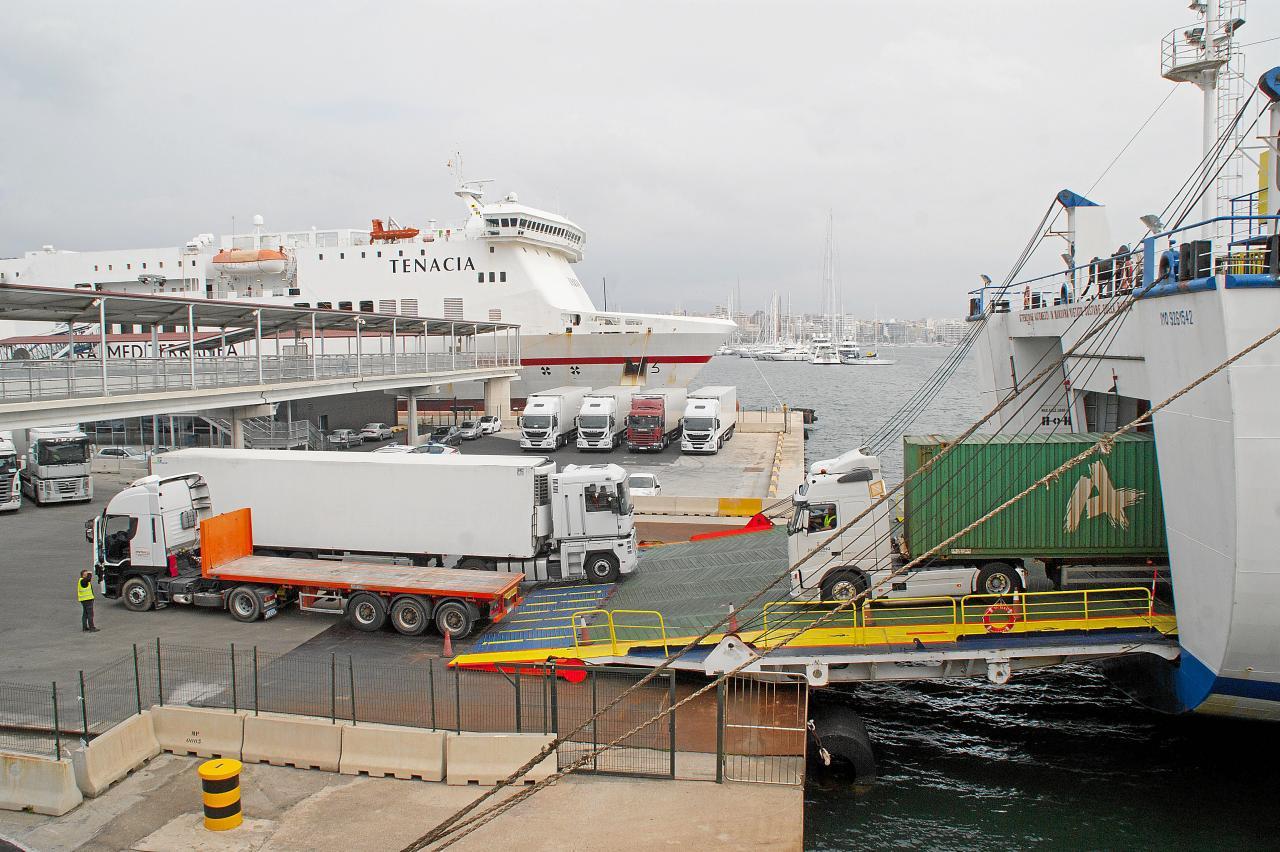Business associations are fearing that the end of September will see a significant increase in unpaid invoices - by anything up to 60%. Bartomeu Servera, president of the distributors association, says that the situation is "unsustainable". The season lasted only six weeks and there are businesses which don't have the liquidity in order to pay suppliers.
Hotels, restaurants, shops and other businesses in the non-hotel complementary sector have all suffered, and consequences are suspension of payments and filing for bankruptcy. Servera adds that distribution companies and suppliers are unable to sustain such an "adverse dynamic". Their viability is at risk, as is the whole economic system.
The main business associations, CAEB and Pimem, agree that the extension of ERTE is vital for businesses in the tourism sector. For the distribution firms, they are facing a particular difficulty in that they stocked up in June in order to supply restaurants and other businesses. But the closure of so many of these businesses affected "all the forecasts".
In addition, the distributors will find it difficult to obtain credit financing from banks because of the scale of the unpaid invoices. Meanwhile, hotels, restaurants and other businesses are looking to renegotiate financing arrangements with their banks for meeting payments.
CAEB and Pimem anticipate that there will be an "avalanche" of petitions for bankruptcy or administration this autumn. Jordi Mora, the president of Pimem, says that the situation is very delicate and that there will not be an economic improvement in the short or medium term. "Businesses are at their limits. Many are in the process of dissolution because of the lack of activity and revenue. They can't pay suppliers or rents. The outlook is negative."
At the Confederation of Balearic Business Associations, the view is that until the 2021 tourism season gets under way at the start of April, "the situation will remain very difficult for all business sectors, whether tourism-related or not".
Antoni Riera, director of the Fundación Impulsa, says that the risk of a "financial shock" must be avoided at all costs. He is concerned about the impact of the crisis on the financial system, so there has to be control of "everything related to non-payments, debts and lack of business liquidity".
He adds that "the unknown is what will happen next year, especially when the tourism season starts". "Banks are taking measures, but they are tightening conditions for lending money because of the fear of debt."


No comments
To be able to write a comment, you have to be registered and logged in
Currently there are no comments.